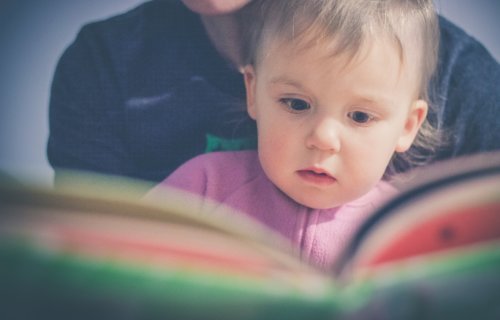COLUMBUS, Ohio — A new study out of the Ohio State University is shedding some light on how attention span and focus skills progress from early childhood to adulthood. Researchers report that young, preschool-age children struggle to pay attention to background settings or scenes when an object is in sight as well.
For example, picture an open field lined with beautiful oak trees on its far side. In the middle of the field, however, sits a series of picnic tables. For an adult, it would be easy to remember both the trees and the tables. For kids, however, even if someone tells them to focus specifically on the trees, most will only focus on and remember the picnic tables.

“Children really struggled to ignore objects that were irrelevant to what we told them to do,” says lead study author Kevin Darby, currently a postdoctoral researcher in psychology at the University of Virginia, in a university release.
According to Darby’s team, it’s not that kids can’t focus on scenes and settings, it’s just that they prioritize objects.
“Our findings suggest that children failed to filter irrelevant objects, rather than failed to focus on relevant scenes,” adds study co-author Vladimir Sloutsky, a professor of psychology at OSU.
Who and what are fine, where is the problem for kids
A total of 69 preschoolers and 80 adults took part in this research. The team then presented each person with the image of an object (like a person, cat, or car) placed in front of various scenes (a street, office, or beach). Some were told to remember the object, while others were told to remember the scene. Next, researchers presented each participant with another series of images. This time the group was asked to recall if they had already seen any of the images or settings displayed in this second round of photographs.
Adults had no issue remembering both objects and scenes they viewed earlier and took note of. The children on the other hand, really struggled to recall scenes.
“If we showed a child a tree in front of a beach scene and told them to remember the beach, they couldn’t do that,” Darby says. “When the child saw a later image with a car in front of the beach, they would be paying attention to the car and would not recognize the beach.”
Study authors aren’t exactly sure why this is the case for young children, but theorize that objects often take greater precedence during early development. For example, children would consider both parents and toys “objects” according to this research.
“Objects take up a lot of visual space when you’re young and hold them in your hands, so they are easy to focus on,” Darby comments.
Additionally, objects play a big role in language development. Finally, recent research suggests brain areas with a connection to object recognition tend to develop earlier in life than regions facilitating scene recognition.
The study is published in Child Development.
